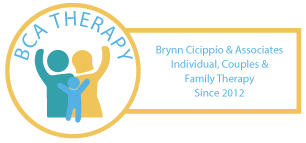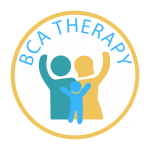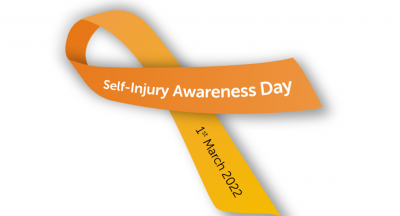The Top 5 Lies of Recovery
When people first step into a world of recovery, there can oftentimes be an overwhelming amount of information, coming from all different directions, some contradictory, and all well-intended. Here are the most common and often misinterpreted beliefs developed in those early stages of recovery. We are calling them The Top 5 Lies of Recovery:
5. Nothing is better than being in recovery Of course being sober and living a well balanced and healthy lifestyle is the ultimate goal. This statement is often misinterpreted and leaves people feeling as if there will be no hard days, that everything will be glorious once they put down the drug or drink. That’s the lie. Recovery is hard work. Sometimes it is boring. There are many challenges. Not everyone will be supportive. What this lie should say: living a life in recovery is going to be hard and challenging and wonderful and peaceful and it will be worth every bit of energy you pour into it.
4. I can’t make any big decisions for one year Many individuals who find recovery supports through the AA and NA community will receive this directive. Don’t make any changes or do anything drastic until you are sober for 12 months. The problem here is that in order to maintain sobriety and to invest in recovery for an entire you, you HAVE to make serious and big changes. You should probably end that abusive relationship; you should probably secure full time work; you should probably file for custody or visitation with your children. Why? Because these are all healthy things to do. What this lie should say: Its ok to make big decisions as long as they are healthy and you are not acting on pure impulse.
3. I must tell myself daily “I am an alcoholic” Again, this is another common occurrence within the AA and NA meeting rooms. Hi, my name’s X and I’m an alcoholic. Sounds true, right? What could be wrong with that? Here’s the issue – when we define ourselves by only one characteristic it places limits on other areas of our lives. What if you told yourself, and others, I am heart disease? How would they perceive you or treat you? How would yo feel about yourself? How would this limit other areas of your life? Try switching it up just a little and instead say Hi, I’m X and I have a booming personality, alcoholism, a great work ethic, diabetes, and an incredible sense of humor. How does that feel? What this lie should say: You have experienced great struggles as a result of your addiction and that is not the only thing that defines who you are. Don’t forget all your good parts.
2. This is my disease and I’m the only one who can change it Yes it is true that no one else can physically stop you from ingesting addictive substances or physically change the composition of your brain or alter the way you think or believe. However, this doesn’t mean the work of being in recovery falls solely on your shoulders. There are many people in the world who want to help you and who are able to help you: friends, family, coworkers, mentors, religious leaders, therapists, counselors, neighbors, teachers, etc… What this lie should say: Its your choice to live a life in recovery and you don’t have to face it alone.
AND THE NUMBER ONE LIE IN RECOVERY…
1. I have to be selfish to protect my recovery There is no way possible for a person to live a healthy and balanced life, have fulfilling relationships, and experience joy and gratitude if they are selfish. Being selfish means that you hurt other people to get what you want; your needs are more important than another’s; other peoples’ opinions don’t count; there is no consideration for someone else. If you intend to not be just sober but to live in recovery, there is no room for selfishness. What this lie should say: Being in recovery will require you to make healthy, yet challenging decisions, that you have not done before. Your recovery needs to be a priority in order for the rest of your life to work out.
USE THIS LIST TO DOUBLE CHECK YOUR APPROACH TO
RECOVERY AND STAY FOCUSED!
Related Posts
Self-Injury Awareness Day
Self-Injury Awareness Day, or SIAD, is a global awareness event celebrated on...
Devon’s Closet Recovery Clothing Drive Starting Now
The 3rd Annual Devon's Closet is support people in recovery. All the items...
LGBTQIA+ Support
BCA Therapy is happy to introduce Samantha Palmisano to our team! Samantha brings...
Want to feel confident about yourself?
Self-esteem refers to whether you appreciate and value yourself. Having a low...



